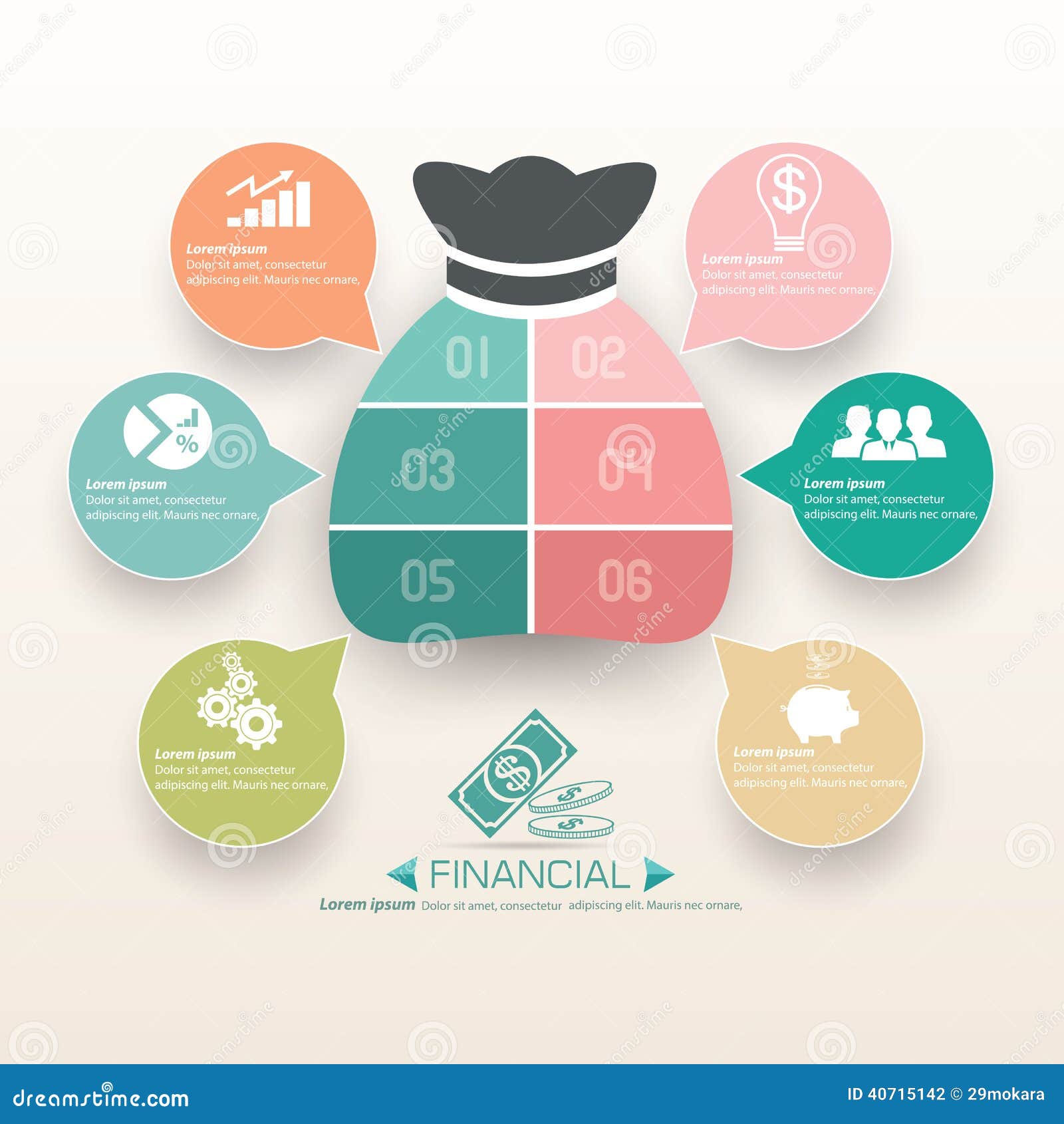Defaulting On A Performance Bond Can Have Significant Economic Consequences.This Can Result In A Variety Of Monetary Effects, Including:
Defaulting On A Performance Bond Can Have Significant Economic Consequences.This Can Result In A Variety Of Monetary Effects, Including:
Blog Article
Write-Up Written By-
When a surety issues an efficiency bond, it ensures that the principal (the celebration that acquires the bond) will fulfill their obligations under the bond's terms. If the principal fails to meet these commitments and defaults on the bond, the guaranty is responsible for covering any losses or damages that result.
1. Loss of credibility: Defaulting on an efficiency bond can damage the principal's track record and reputation, making it tougher to secure future service or financing.
2. Legal and management expenses: The surety might require to pay lawful and management costs related to going after the principal for damages or trying to rectify the circumstance.
3. https://how-much-does-it-cost-to84061.blogdanica.com/33802726/guaranty-contract-bonds-frequently-asked-questions-and-answers : The guaranty might need to cover the cost of finishing the project or giving the solutions that the principal failed to provide. This can result in considerable economic losses for the guaranty.
4. Raised premiums: If the principal has a history of defaulting on efficiency bonds, they may be required to pay greater premiums in the future to acquire the necessary bonding.
Generally, defaulting on a performance bond can have serious economic effects for both the principal and the surety. It is very important for principals to meticulously consider their commitments and guarantee they are able to fulfill the terms of the bond to prevent these negative outcomes.
Back-pedaling a performance bond can be an expensive error for services. When you stop working to fulfill the bond's obligations, the financial effects can be considerable. From paying the complete bond total up to possible legal fights and damaged relationships, the repercussions can reverberate throughout your company procedures. Comprehending the detailed internet of monetary influences that back-pedaling a performance bond can have is essential for guarding your firm's monetary wellness and reputation.
Financial Penalties for Defaulting
If you default on a performance bond, you'll likely face substantial punitive damages. These penalties can differ depending upon the regards to the bond agreement yet typically involve paying the bond quantity completely to the obligee. This suggests that if you fall short to fulfill your contractual responsibilities, you have to pay the bond amount to the task proprietor or the entity that required the bond.
In addition, you might additionally be responsible for any type of additional costs sustained by the obligee as a result of your default, such as discovering a replacement contractor or covering job hold-ups.
Back-pedaling an efficiency bond can likewise cause lawful fees and court expenses if the obligee makes a decision to take legal action against you to recoup the bond amount. These expenses can quickly build up, more worsening the economic impact of your default. It's important to carefully examine and understand the terms of the efficiency bond to stay clear of these serious punitive damages.
Influence On Company Cash Flow
Defaulting on an efficiency bond can substantially influence your company capital, influencing monetary security and functional capabilities. When you back-pedal an efficiency bond, you run the risk of losing the bond amount, which can be a considerable amount. This loss straight impacts your cash flow, as you'll need to find different resources of moneying to cover the bond amount. Additionally, defaulting can lead to increased examination from sureties, making it more difficult and more costly to protect bonds in the future. try this out can even more stress your cash flow as you may require to designate added sources to fulfill bonding requirements.
The influence on your capital doesn't stop there. Defaulting on an efficiency bond can likewise cause project hold-ups or terminations, resulting in a loss of earnings. Additionally, the unfavorable reputation that features defaulting can prevent possible customers, even more decreasing your capital. In general, back-pedaling an efficiency bond can have damaging impacts on your business's financial health and ability to run smoothly.
Legal Ramifications and Claims
Dealing with legal ramifications and potential legal actions due to back-pedaling an efficiency bond can significantly influence your company's online reputation and financial standing. When you default on an efficiency bond, the guaranty firm might take lawsuit to recuperate the bond quantity paid out. This can lead to costly lawful charges, court expenses, and possible negotiations or judgments against your company.
Additionally, back-pedaling an efficiency bond might result in damaged partnerships with customers, subcontractors, and suppliers, impacting your capability to protect future contracts. Claims emerging from bond defaults can stain your business's reputation in the sector, making it testing to attract brand-new companions or clients.
Furthermore, if the default results in a court judgment against your organization, it could cause property seizure or liens, further straining your financial security. Consequently, it's critical to recognize the lawful ramifications of defaulting on an efficiency bond and take positive steps to minimize the risks included.
Verdict
As you encounter the effects of back-pedaling an efficiency bond, remember this: it's like walking a tightrope without a safety net. One incorrect step can send you dropping into a monetary freefall, without means to stop the fall.
The punitive damages, cash flow effect, and lawful ramifications are all waiting to capture you if you mistake. So step meticulously, and always recognize your commitments to avoid the rough effects of default.
